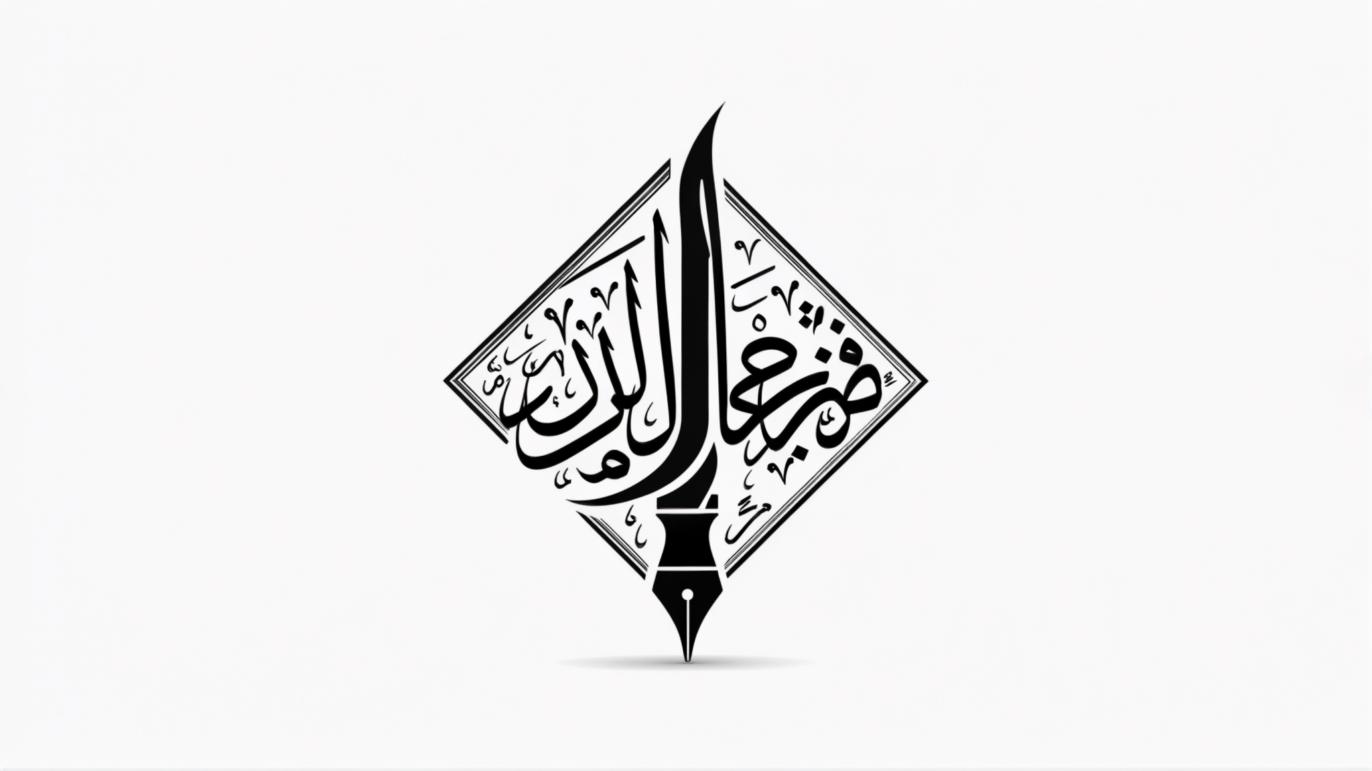The Five Pillars of Islam - A Complete Guide
Understanding the fundamental pillars that form the foundation of Islamic faith and practice.
“Islam is built upon five pillars: testifying that there is no god but Allah and that Muhammad is His Messenger, establishing prayer, giving charity, fasting in Ramadan, and performing Hajj.” - Prophet Muhammad (ﷺ)
The Five Pillars of Islam represent the core framework of a Muslim’s faith and practice. These pillars provide structure, discipline, and spiritual connection that guide believers throughout their lives.
The Five Pillars Explained
1. Shahada (Declaration of Faith)
Arabic: لا إله إلا الله محمد رسول الله Translation: “There is no god but Allah, and Muhammad is His Messenger.”
The Shahada is the fundamental declaration that makes one a Muslim. It consists of two parts:
- La ilaha illa Allah - Affirming the oneness of Allah (Tawhid)
- Muhammad Rasul Allah - Accepting Muhammad (ﷺ) as Allah’s final messenger
This declaration must be said with sincere belief, understanding, and acceptance.
2. Salah (Prayer)
Muslims perform five daily prayers at prescribed times:
- Fajr - Dawn prayer (2 units)
- Dhuhr - Midday prayer (4 units)
- Asr - Afternoon prayer (4 units)
- Maghrib - Sunset prayer (3 units)
- Isha - Night prayer (4 units)
Prayer serves as a direct connection with Allah, providing spiritual purification and remembrance throughout the day.
3. Zakat (Charity)
Zakat is obligatory charity given to purify wealth and help those in need. Key points:
- Rate: 2.5% of eligible wealth annually
- Recipients: The poor, needy, debt-ridden, and other specified categories
- Purpose: Social justice, wealth circulation, and spiritual purification
4. Sawm (Fasting in Ramadan)
During the holy month of Ramadan, Muslims fast from dawn to sunset, abstaining from:
- Food and drink
- Intimate relations
- Smoking and other physical needs
Benefits of fasting:
- Spiritual purification and self-discipline
- Empathy for the less fortunate
- Community unity and solidarity
- Physical and mental health benefits
5. Hajj (Pilgrimage to Mecca)
Hajj is the pilgrimage to the holy city of Mecca, required once in a lifetime for those who are:
- Physically able
- Financially capable
- Safe to travel
Key rituals include:
- Tawaf (circumambulation of the Kaaba)
- Sa’i (walking between Safa and Marwah)
- Standing at Arafat
- Symbolic stoning of Satan
The Wisdom Behind the Five Pillars
| Pillar | Physical | Spiritual | Social |
|---|---|---|---|
| Shahada | Speech | Faith & Belief | Community Identity |
| Salah | Body Movement | Connection with Allah | Congregation Unity |
| Zakat | Wealth | Purification | Social Justice |
| Sawm | Self-Control | Taqwa (God-consciousness) | Community Solidarity |
| Hajj | Physical Journey | Spiritual Renewal | Global Unity |
Implementing the Pillars in Daily Life
For New Muslims:
- Start gradually - Focus on learning one pillar at a time
- Seek knowledge - Learn from authentic sources and scholars
- Find community - Connect with local mosques and Muslim communities
- Be patient - Spiritual growth is a lifelong journey
For Practicing Muslims:
- Strengthen your Salah - Focus on presence and contemplation
- Calculate Zakat properly - Ensure you’re fulfilling this obligation
- Prepare for Ramadan - Make the most of this blessed month
- Plan for Hajj - If able, begin preparing spiritually and financially
The Interconnected Nature of the Pillars
The Five Pillars work together as a comprehensive system:
- Shahada provides the foundation of belief
- Salah maintains daily spiritual connection
- Zakat ensures social responsibility
- Sawm develops self-discipline and empathy
- Hajj represents the culmination of faith in action
Conclusion
The Five Pillars of Islam are not merely rituals but a complete way of life that balances spiritual, physical, and social well-being. They provide structure, purpose, and connection - to Allah, to oneself, and to the global Muslim community (Ummah).
May Allah grant us the strength and guidance to fulfill these pillars with sincerity and excellence. Ameen.
“And whoever relies upon Allah - then He is sufficient for him. Indeed, Allah will accomplish His purpose.” - Quran 65:3

